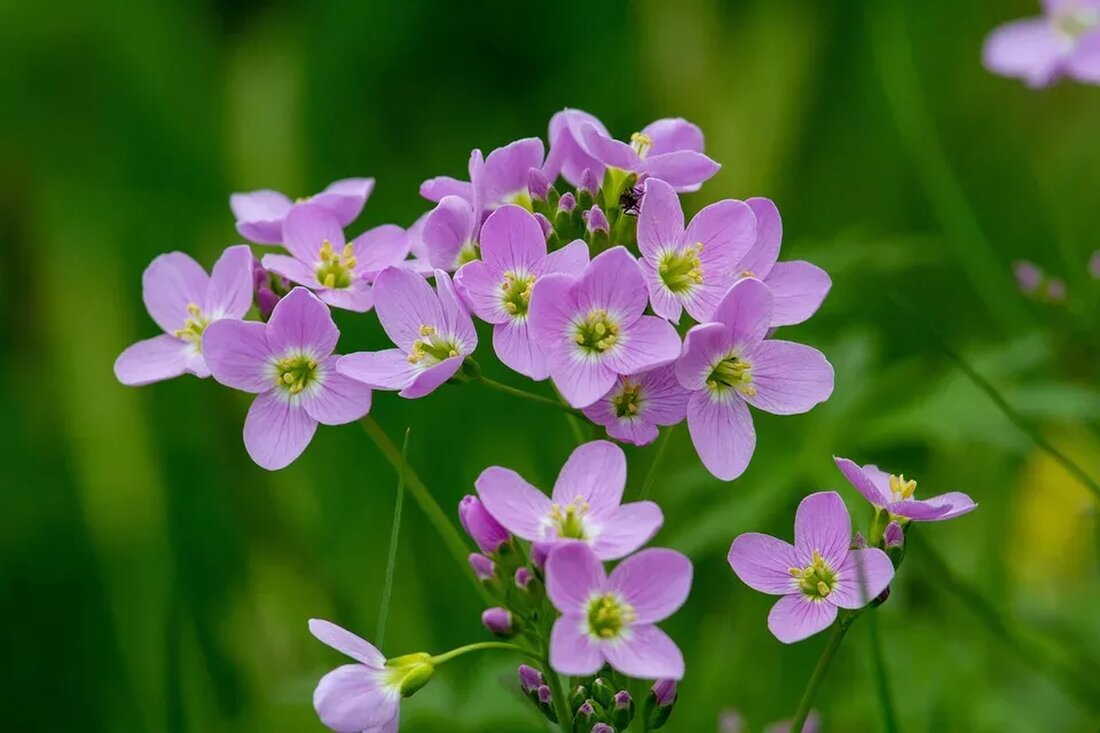Medicinal herbs in the European tradition
Medicinal herbs in the European tradition Medicinal herbs have a long history in the European tradition and have played an important role in folk medicine for centuries. The use of plants to treat illness and promote health dates back to ancient times. This tradition has evolved over the centuries and continues to this day. The Importance of Medicinal Herbs in European History There are numerous records of the use of medicinal herbs in European history. Even in ancient times, the ancient Greeks and Romans used various herbs to treat diseases. The famous Greek doctor Hippocrates,...

Medicinal herbs in the European tradition
Medicinal herbs in the European tradition
Medicinal herbs have a long history in European tradition and have played an important role in folk medicine for centuries. The use of plants to treat illness and promote health dates back to ancient times. This tradition has evolved over the centuries and continues to this day.
The importance of medicinal herbs in European history
There are numerous records of the use of medicinal herbs in European history. Even in ancient times, the ancient Greeks and Romans used various herbs to treat diseases. The famous Greek physician Hippocrates, also known as the father of medicine, emphasized the importance of natural medicine and used herbs such as chamomile, sage and mint to treat various ailments.
Medicinal herbs continued to be used throughout the Middle Ages, and monastic pharmacies played an important role in preserving and disseminating herbalism. Monks and nuns collected and cultivated herbs and developed recipes for various medicinal mixtures. Knowledge about the use of medicinal herbs was passed down from generation to generation.
Herbalism flourished in the 16th and 17th centuries. Many herbal books were published describing the healing properties of various plants. Prominent herbalists such as Leonhart Fuchs, Hieronymus Bock and Johann Bauhin contributed to the development of medicinal herbalism.
The use of medicinal herbs in modern medicine
Today medicinal herbs can be found in many different areas of medicine. Modern phytotherapy uses knowledge of medicinal herbs and their active ingredients to offer natural alternatives to synthetic medications.
In naturopathy, medicinal herbs are used as a holistic approach to treating illnesses. It is assumed that the natural active ingredients in the plants work synergistically, thereby enabling holistic healing. Modern research is increasingly confirming the effectiveness of many medicinal herbs and identifying new applications.
Medicinal herbs are also used in the cosmetics industry because many plant extracts have positive effects on skin and hair. Herbs such as chamomile, calendula and lavender are used in skin care products and shampoos to soothe and regenerate the skin.
Well-known medicinal herbs in European tradition
There are countless medicinal herbs in the European tradition, some of which are particularly well known. Here are some examples:
Chamomile (Matricaria chamomilla)
Chamomile is a popular medicinal plant known for its calming and anti-inflammatory properties. It is often used as a tea to treat gastrointestinal complaints and to help with sleep disorders.
Sage (Salvia officinalis)
Sage is another popular medicinal herb known for its antimicrobial properties and beneficial effects on digestion. Sage tea is often used for sore throats and mouth sores.
St. John's wort (Hypericum perforatum)
St. John's wort is often used to treat mild to moderate depression. It has mood-enhancing properties and is also taken for sleep disorders and nervous restlessness.
Peppermint (Mentha x piperita)
Peppermint is known for its cooling and pain-relieving effects. As a tea, it can help with gastrointestinal complaints such as cramps and nausea.
Valerian (Valeriana officinalis)
Valerian is often used as a natural sedative. It helps with sleep disorders and can promote relaxation.
The importance of the correct use of medicinal herbs
While medicinal herbs can be safe and effective, it is important that they are used correctly. Before using medicinal herbs, you should find out about their possible side effects and interactions with other medications. It is advisable to consult a doctor or alternative practitioner to receive individual advice and minimize possible risks.
In some cases, medicinal herbs may also have contraindications, especially in certain diseases or during pregnancy. It is important to learn the specific recommendations and dosages to ensure safe use.
Conclusion
Medicinal herbs have a long history in European tradition and are still widely used in medicine and naturopathy today. The use of medicinal herbs enables holistic and natural treatment of diseases and promotes health in a natural way. However, it is important to educate yourself about proper use and possible risks to achieve the best possible results.

 Suche
Suche
 Mein Konto
Mein Konto
